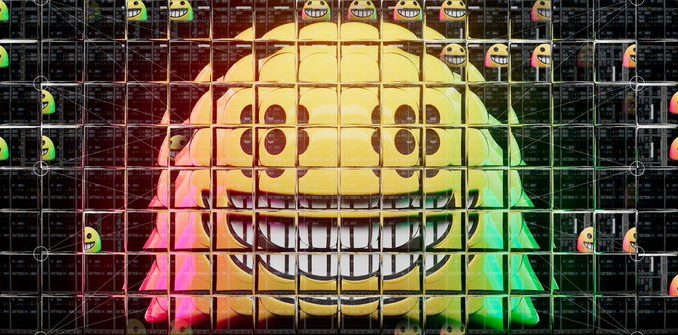
Doomsaying is an old occupation. Artificial intelligence (AI) is a complex subject. It’s easy to fear what you don’t understand. These three truths go some way towards explaining the oversimplification and dramatisation plaguing discussions about AI.
Yesterday outlets around the world were plastered with news of yet another open letter claiming AI poses an existential threat to humankind. This letter, published through the nonprofit Center for AI Safety, has been signed by industry figureheads including Geoffrey Hinton and the chief executives of Google DeepMind, Open AI and Anthropic.
However, I’d argue a healthy dose of scepticism is warranted when considering the AI doomsayer narrative. Upon close inspection, we see there are commercial incentives to manufacture fear in the AI space.
And as a researcher of artificial general intelligence (AGI), it seems to me the framing of AI as an existential threat has more in common with 17th-century philosophy than computer science.
When ChatGPT was released late last year, people were delighted, entertained and horrified.
But ChatGPT isn’t a research breakthrough as much as it is a product. The technology it’s based on is several years old. An early version of its underlying model, GPT-3, was released in 2020 with many of the same capabilities. It just wasn’t easily accessible online for everyone to play with.
Back in 2020 and 2021, I and many others wrote papers discussing the capabilities and shortcomings of GPT-3 and similar models – and the world carried on as always. Forward to today, and ChatGPT has had an incredible impact on society. What changed?
